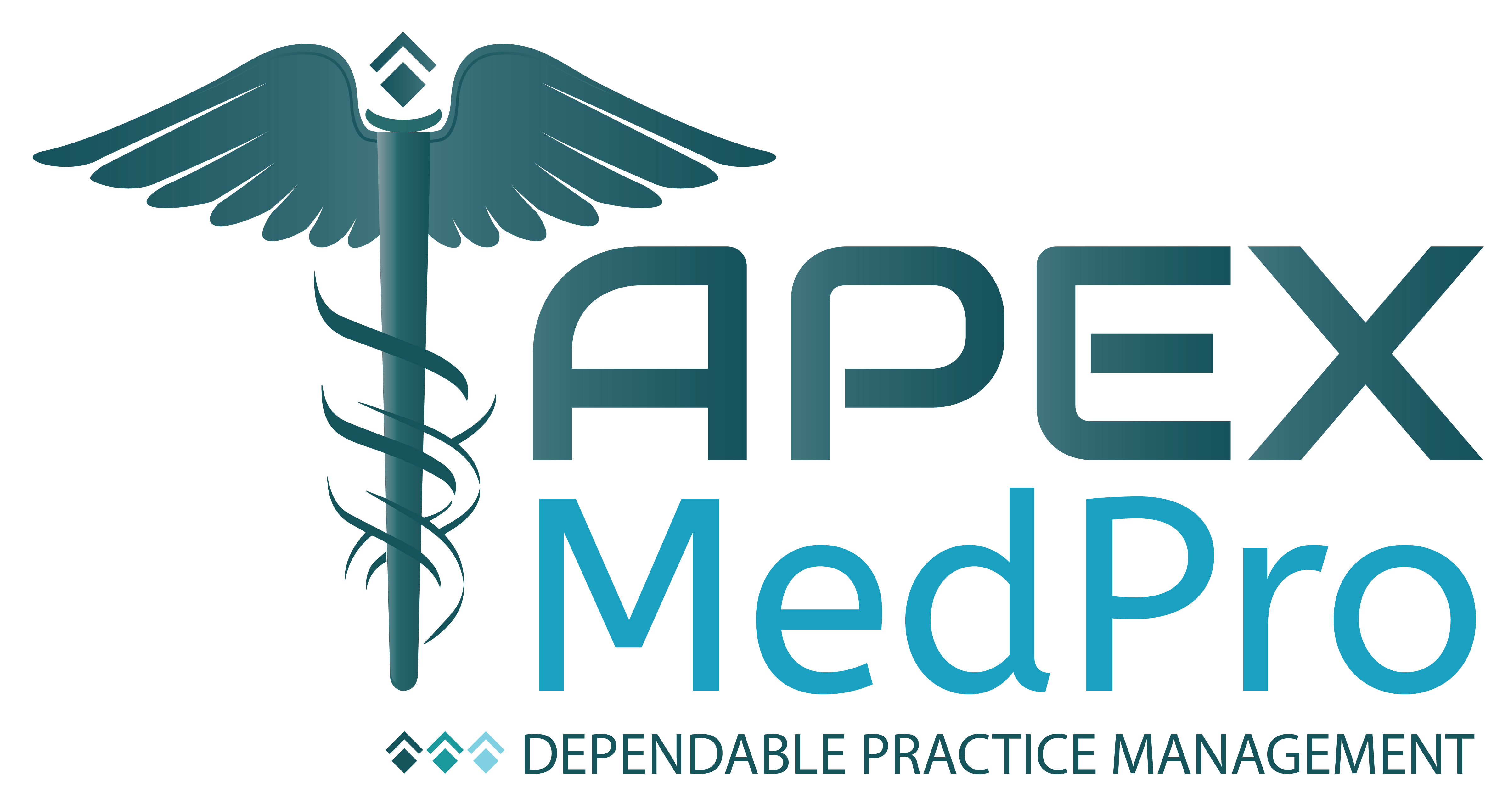Introduction
Electronic Health Records (EHRs) have revolutionized the way medical professionals store, access, and manage patient information. These digital records have had a profound impact on various aspects of healthcare delivery, including medical billing. In this blog, we will delve into the implications of Electronic Health Records EHRs on medical billing, highlighting the advantages, challenges, and potential solutions associated with this technology.
Enhanced Documentation Accuracy
One of the primary benefits of EHRs in medical billing is improved documentation accuracy. By replacing paper-based records with electronic systems, healthcare providers can reduce errors caused by illegible handwriting, missing information, or misplaced documents. Accurate and complete documentation enables more precise coding and billing, minimizing claim denials and reimbursement delays.
Streamlined Coding Processes
EHRs have automated coding capabilities, facilitating the coding process for medical billers. With the integration of coding guidelines and built-in prompts, EHRs help ensure that medical services are appropriately documented and coded, reducing the risk of coding errors. Additionally, EHRs can streamline the coding workflow by suggesting relevant codes based on the documentation, enhancing efficiency and accuracy.
Improved Revenue Cycle Management
Efficient revenue cycle management is crucial for healthcare organizations, and EHRs play a significant role in optimizing this process. By integrating EHRs with billing systems, medical billing professionals can generate claims directly from patient records, eliminating the need for manual data entry. This integration expedites claim submission, reduces the potential for errors, and accelerates reimbursement timelines.
Real-Time Eligibility Verification
EHRs allow medical billers to perform real-time eligibility verification for patients, ensuring that the services being provided are covered by the patient’s insurance plan. This feature helps prevent claim denials due to eligibility issues, saving time and resources. By confirming eligibility at the point of care, medical billers can minimize the likelihood of costly claim rejections or patient billing disputes.
Enhanced Compliance and Audit Trails
Maintaining compliance with healthcare regulations and audit trails is essential in medical billing. EHRs offer comprehensive documentation, including timestamps, user identification, and updates, creating a robust audit trail. This documentation helps ensure compliance with regulatory requirements and facilitates auditing processes, providing a reliable record of patient encounters, diagnoses, and treatments.
Challenges and Potential Solutions:
Cost of Implementation and Training:
The adoption of EHRs may pose financial challenges for healthcare organizations, including implementation costs, staff training, and ongoing maintenance expenses. However, the long-term benefits of EHRs, such as improved billing accuracy and streamlined workflows, can offset these costs. Healthcare organizations can seek financial incentives or grants to support EHR implementation and invest in comprehensive training programs to ensure staff proficiency.
Interoperability and Data Exchange
Interoperability, the ability of different EHR systems to share and exchange data seamlessly, remains a challenge in medical billing. Incomplete or incompatible data exchange can hinder accurate coding and billing processes. To address this issue, industry stakeholders and policymakers are working towards standardizing data formats and implementing interoperability frameworks to enable efficient data exchange among various EHR systems.
Data Security and Privacy
With the digitization of patient information, data security and privacy become critical concerns. Healthcare organizations must implement robust security measures, such as encryption, access controls, and regular system audits, to protect sensitive patient data. Compliance with data protection regulations, like the Health Insurance Portability and Accountability Act (HIPAA), is essential. Ongoing staff training on data security practices can help mitigate risks.
Conclusion
Electronic Health Records have significantly impacted medical billing, transforming traditional paper-based processes into efficient, accurate, and streamlined workflows. EHRs offer enhanced documentation accuracy, streamlined coding processes, improved revenue cycle management

